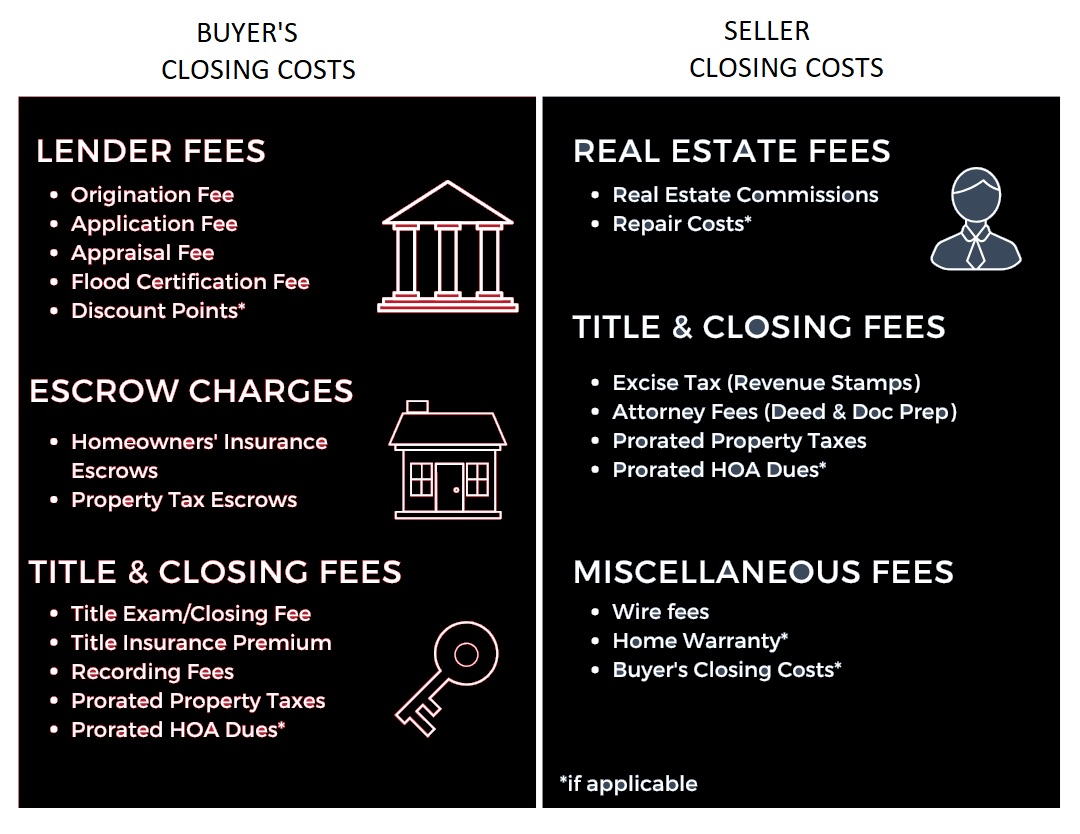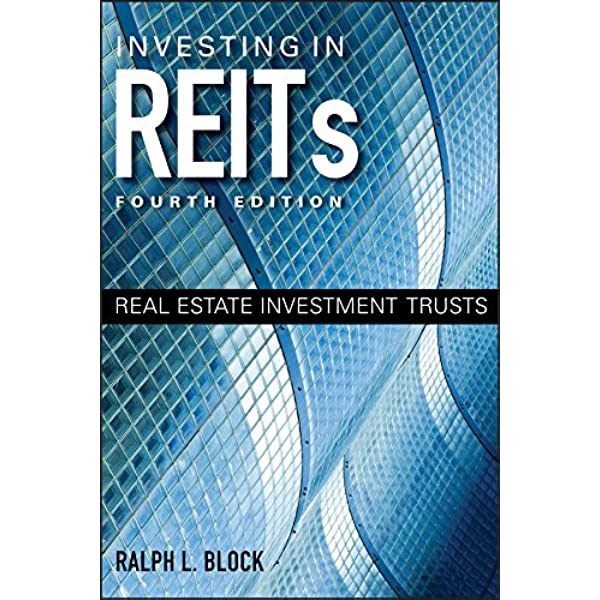
The purchase of an investment property should not be taken for granted. It is important to have a solid foundation in terms of finances and a sound investment strategy that will suit your risk tolerance and help you achieve long-term investments goals. It's crucial to ensure that the property you buy, whether to occupy it or to rent it out, generates enough income to pay for your expenses and your mortgage.
It's crucial to think about your goals and plan before you make a purchase. The real estate market can be cyclical, so take this into consideration. You may be able, for example, to wait until the value of the property increases over time before purchasing if you are planning to occupy it. Alternatively, if you plan to flip the property for quick profit, it's important to choose a time when prices are low.
When is a good time for you to purchase an investment property?
There is no one answer to this question. The answer to this question depends on various factors such as local market conditions and factors related to the property, along with your own personal financial situation.

When should you buy a house?
It's common for people to make mistakes when they buy a property. Especially if it's their first time. Most people fall into the trap by putting too much value on emotions such as where to live or retire.
They may end up buying a property based on poor investment fundamentals and miss out on profitable investments. This could lead to them not experiencing long-term capital gains. It is especially true if the buyer doesn't know how the market operates or they buy a property with high depreciation allowances due to excessive negative gearing.
When to Buy a Rental Property
The best time to buy a rental property is when interest rates are low and prices are low. You should also consider buying an investment property when you have the cash to do so.
A good credit rating and a solid financial history are also important. A good rating on your credit report will allow you to secure the loan required to finance an investment.

When should you buy a house?
Most housing stocks are at their highest in spring and summer, when it is easier to move and buyers have the most time to search for and buy a house. You can still buy property during other times if you are careful and do the research.
What to consider when buying a rental property
The best time to purchase a rental property is during the spring and summer when rental demand is at its peak. This is due to the fact that during this time, more homebuyers will be looking for a house. As a result, there will also be more properties available for purchase.
Renters can now purchase rental properties at affordable prices while still obtaining a good yield. It's a good time to build an investment portfolio.
FAQ
How can I find out if my house sells for a fair price?
If your asking price is too low, it may be because you aren't pricing your home correctly. A home that is priced well below its market value may not attract enough buyers. To learn more about current market conditions, you can download our free Home Value Report.
Is it possible to sell a house fast?
It might be possible to sell your house quickly, if your goal is to move out within the next few month. But there are some important things you need to know before selling your house. First, find a buyer for your house and then negotiate a contract. Second, prepare your property for sale. Third, it is important to market your property. Lastly, you must accept any offers you receive.
What should I be looking for in a mortgage agent?
People who aren't eligible for traditional mortgages can be helped by a mortgage broker. They look through different lenders to find the best deal. This service may be charged by some brokers. Others provide free services.
Do I need flood insurance
Flood Insurance protects from flood-related damage. Flood insurance can protect your belongings as well as your mortgage payments. Learn more information about flood insurance.
Statistics
- Based on your credit scores and other financial details, your lender offers you a 3.5% interest rate on loan. (investopedia.com)
- Over the past year, mortgage rates have hovered between 3.9 and 4.5 percent—a less significant increase. (fortunebuilders.com)
- Private mortgage insurance may be required for conventional loans when the borrower puts less than 20% down.4 FHA loans are mortgage loans issued by private lenders and backed by the federal government. (investopedia.com)
- 10 years ago, homeownership was nearly 70%. (fortunebuilders.com)
- It's possible to get approved for an FHA loan with a credit score as low as 580 and a down payment of 3.5% or a credit score as low as 500 and a 10% down payment.5 Specialty mortgage loans are loans that don't fit into the conventional or FHA loan categories. (investopedia.com)
External Links
How To
How to manage a rental property
It can be a great way for you to make extra income, but there are many things to consider before you rent your house. We'll help you understand what to look for when renting out your home.
If you're considering renting out your home, here's everything you need to know to start.
-
What do I need to consider first? Take a look at your financial situation before you decide whether you want to rent your house. You may not be financially able to rent out your house to someone else if you have credit card debts or mortgage payments. You should also check your budget - if you don't have enough money to cover your monthly expenses (rent, utilities, insurance, etc. It may not be worth it.
-
How much is it to rent my home? The cost of renting your home depends on many factors. These include factors such as location, size, condition, and season. It's important to remember that prices vary depending on where you live, so don't expect to get the same rate everywhere. Rightmove has found that the average rent price for a London one-bedroom apartment is PS1,400 per mo. This means that your home would be worth around PS2,800 per annum if it was rented out completely. Although this is quite a high income, you can probably make a lot more if you rent out a smaller portion of your home.
-
Is it worth the risk? Although there are always risks involved in doing something new, if you can make extra money, why not? Be sure to fully understand what you are signing before you sign anything. It's not enough to be able to spend more time with your loved ones. You'll need to manage maintenance costs, repair and clean up the house. Before you sign up, make sure to thoroughly consider all of these points.
-
Are there any advantages? So now that you know how much it costs to rent out your home and you're confident that it's worth it, you'll need to think about the advantages. Renting your home is a great way to get out of the grind and enjoy some peace from your day. You will likely find it more enjoyable than working every day. If you plan well, renting could become a full-time occupation.
-
How do I find tenants Once you've decided that you want to rent out, you'll need to advertise your property properly. Start by listing online using websites like Zoopla and Rightmove. After potential tenants have contacted you, arrange an interview. This will help to assess their suitability for your home and confirm that they are financially stable.
-
How can I make sure that I'm protected? If you're worried about leaving your home empty, you'll need to ensure you're fully protected against damage, theft, or fire. You will need insurance for your home. This can be done through your landlord directly or with an agent. Your landlord will typically require you to add them in as additional insured. This covers damages to your property that occur while you aren't there. This doesn't apply to if you live abroad or if the landlord isn’t registered with UK insurances. In these cases, you'll need an international insurer to register.
-
Even if your job is outside the home, you might feel you cannot afford to spend too much time looking for tenants. However, it is important that you advertise your property in the best way possible. It is important to create a professional website and place ads online. A complete application form will be required and references must be provided. Some people prefer to do everything themselves while others hire agents who will take care of all the details. In either case, be prepared to answer any questions that may arise during interviews.
-
What should I do once I've found my tenant? If you have a lease in place, you'll need to inform your tenant of changes, such as moving dates. You may also negotiate terms such as length of stay and deposit. Keep in mind that you will still be responsible for paying utilities and other costs once your tenancy ends.
-
How do you collect rent? When the time comes to collect the rent, you'll need to check whether your tenant has paid up. You will need to remind your tenant of their obligations if they don't pay. Before you send them a final invoice, you can deduct any outstanding rent payments. If you are having difficulty finding your tenant, you can always contact the police. They will not usually evict someone unless they have a breached the contract. But, they can issue a warrant if necessary.
-
How can I avoid problems? Renting out your house can make you a lot of money, but it's also important to stay safe. You should install smoke alarms and carbon Monoxide detectors. Security cameras are also a good idea. Also, make sure you check with your neighbors to see if they allow you to leave your home unlocked at night. You also need adequate insurance. You should never allow strangers into your home, no matter how they claim to be moving in.